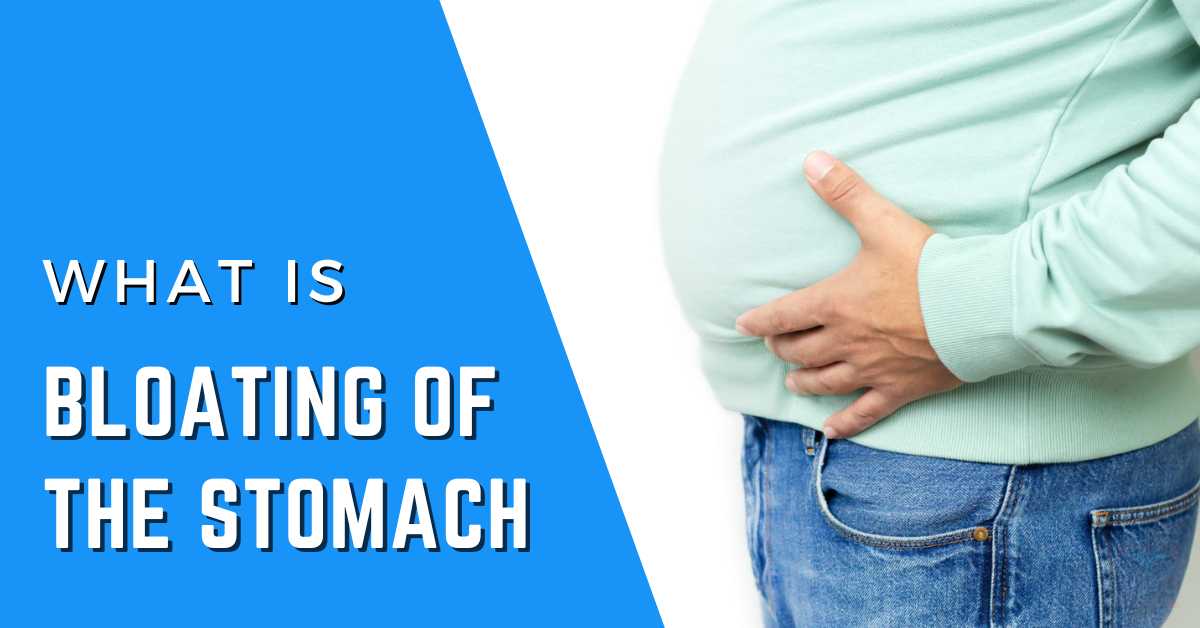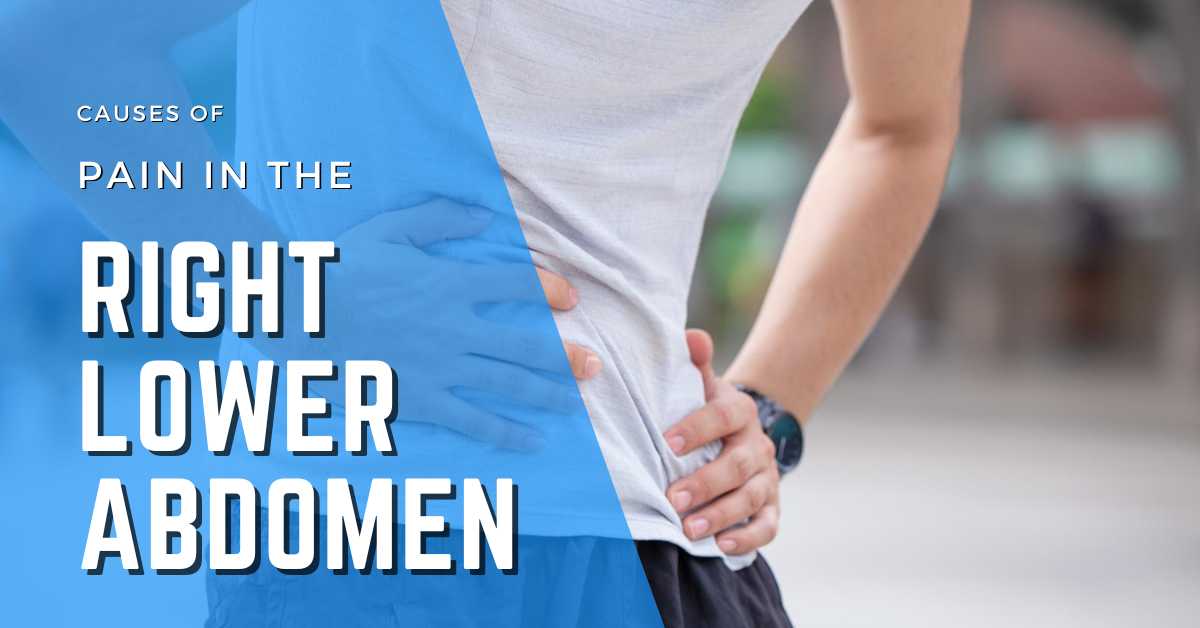Introduction
Bloating of the stomach is a condition that causes discomfort and fullness in the abdomen.It is caused by excess gas, fluid retention, or food trapped in your digestive system. This can be uncomfortable and embarrassing, but it is also widespread.You may experience bloating after eating a meal with a lot of fiber or carbohydrates. It’s also common if you have irritable bowel syndrome (IBS).If you’ve had this problem for a while, you may not realize how much it affects your day-to-day life. You might feel like there’s no way out of it!So, let us understand more about Bloating.
What is Bloating?
Bloating is a common problem that can occur at any age. It’s one of the most common complaints among women, especially during pregnancy and menopause, but it also affects men and children.
What are the Symptoms of Bloating ?
Most cases of bloating go away on their own without treatment within four days to 2 weeks after symptoms start. But if you’ve had bloating for more than two weeks and are concerned about it, talk with your doctor about what might be causing it so they can determine whether treatment is needed.Bloating is the feeling of fullness or tightness in the abdomen area. It may be accompanied by abdominal pain and discomfort. Bloating may also cause pressure in the chest, which may be mistaken for heartburn.
What are the causes of Bloating ?
Bloating is caused by gas in the digestive tract, which expands to take up space. When you swallow air, it gets trapped in your intestine and causes bloating.Bloating is a common and often uncomfortable side effect of many conditions, including pregnancy. A variety of issues can cause it, but the most common causes include:- Eating greasy or fatty foods (fried chicken) and eating foods that are high in carbohydrates- Not chewing food thoroughly enough before swallowing it- Drinking too much alcohol or caffeine- Drinking too much water with mealsOTHER CAUSES:Eating disorders: In people with eating disorders such as anorexia nervosa or bulimia nervosa, bloating may occur because of excessive vomiting or laxative abuse.Gastrointestinal diseases: Digestive system disorders like irritable bowel syndrome (IBS), Crohn’s disease, celiac disease, and other conditions can cause bloating because the digestive system does not function properly and therefore causes gases to be trapped inside your body.Food allergies and lactose intolerance are common causes of bloating because they lead to inflammation in the digestive tract, which causes gas build-up inside your body.
How to get relief from Bloating ?
If you suffer from bloating, try these tips to help relieve your symptoms:1) Eat smaller meals throughout the day instead of one large meal2) Avoid drinking carbonated beverages and alcohol while eating3) Take frequent walks after meals to help break down food faster4) Avoid foods high in fat and sugar, such as fried foods and sweets5) Try eating more fiber-rich foods such as fruits and vegetables (especially those high in insoluble fiber like cabbage)6) Avoid foods high in sodium – Foods high in sodium include processed meats, dairy products (such as cheese), canned foods, fast food burgers/sandwiches/burgers), bacon, chips/crisps/French fries/potato chips), pastries/cakes/cookies), salty snacks like nuts, pretzels, etc.7) Avoid foods that trigger your IBS symptoms (like certain fruits or dairy products)
Conclusion
If you notice bloating after eating and your stomach becomes hard, painful to touch, or if you have trouble breathing due to pressure on your diaphragm (the muscle separating your lungs from your abdomen), contact your doctor immediately. Bloating can also be a sign of an infection or other serious health problem.If you experience bloating, pain, nausea, and vomiting after eating or have trouble breathing, it’s essential to seek medical attention immediately. Don’t hesitate to contact me with your questions; I am always happy to help.















